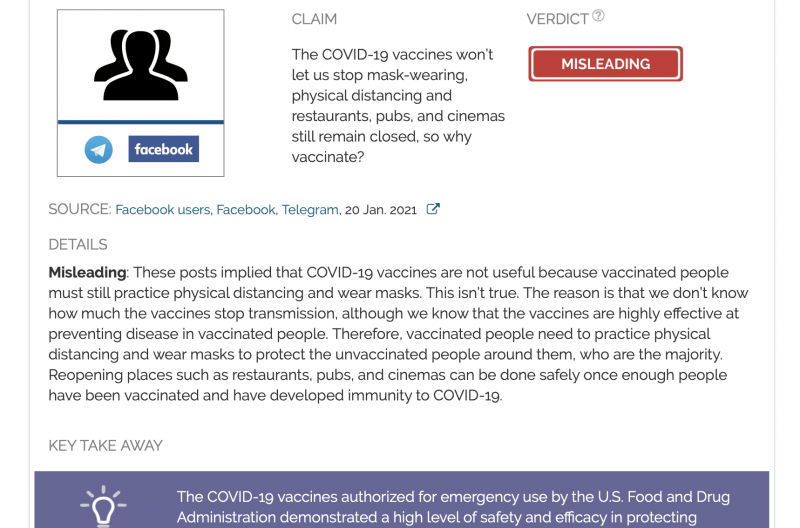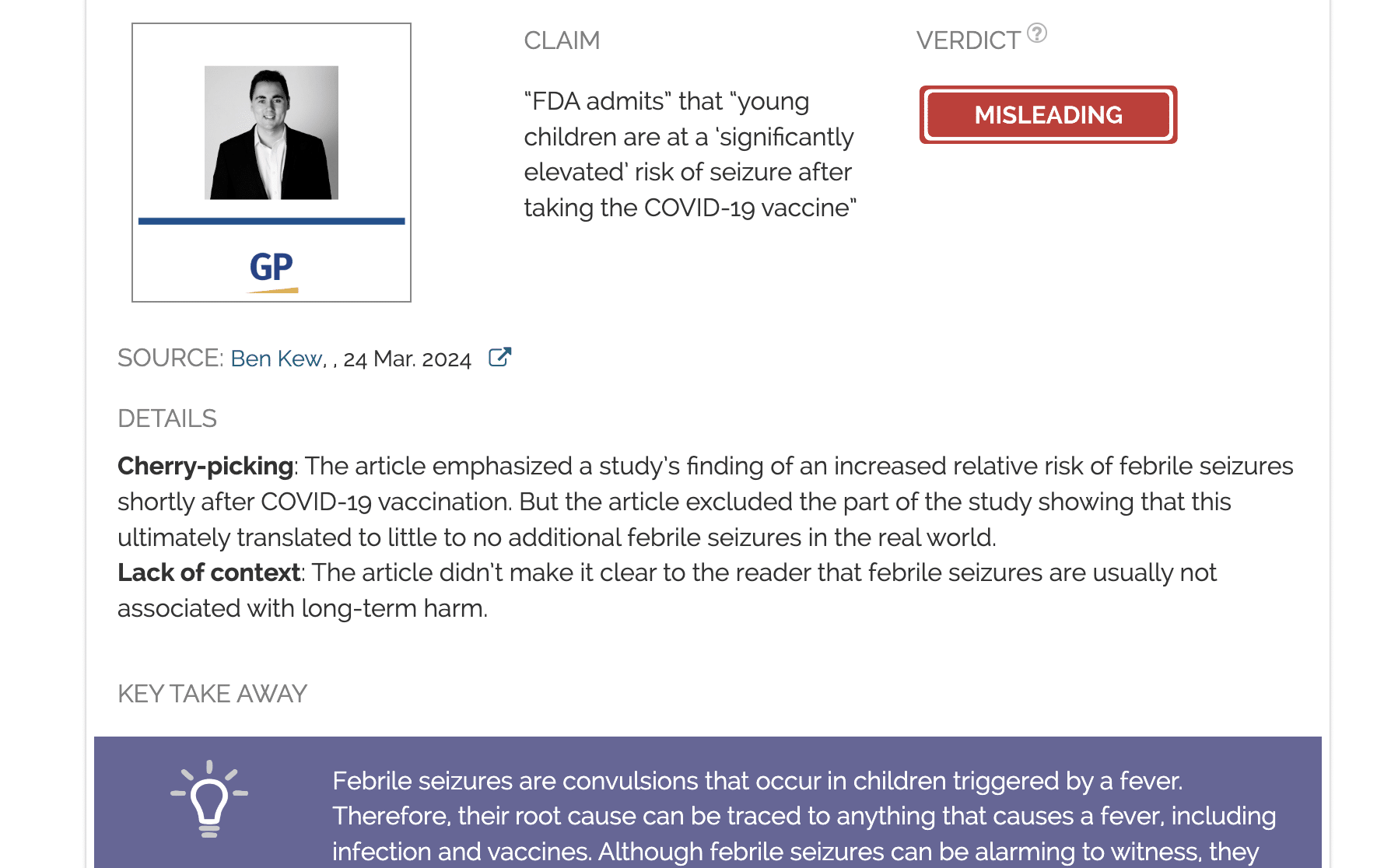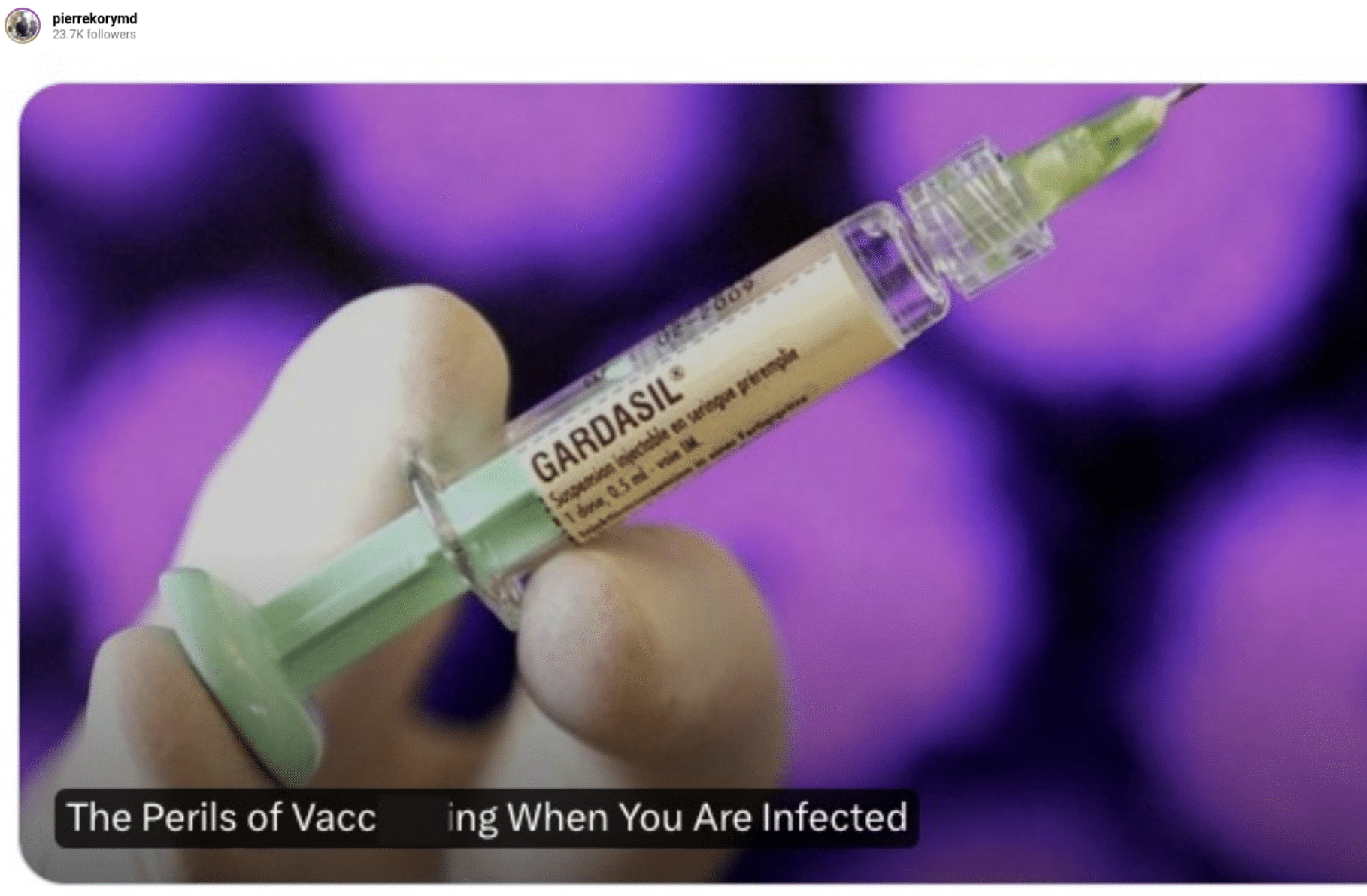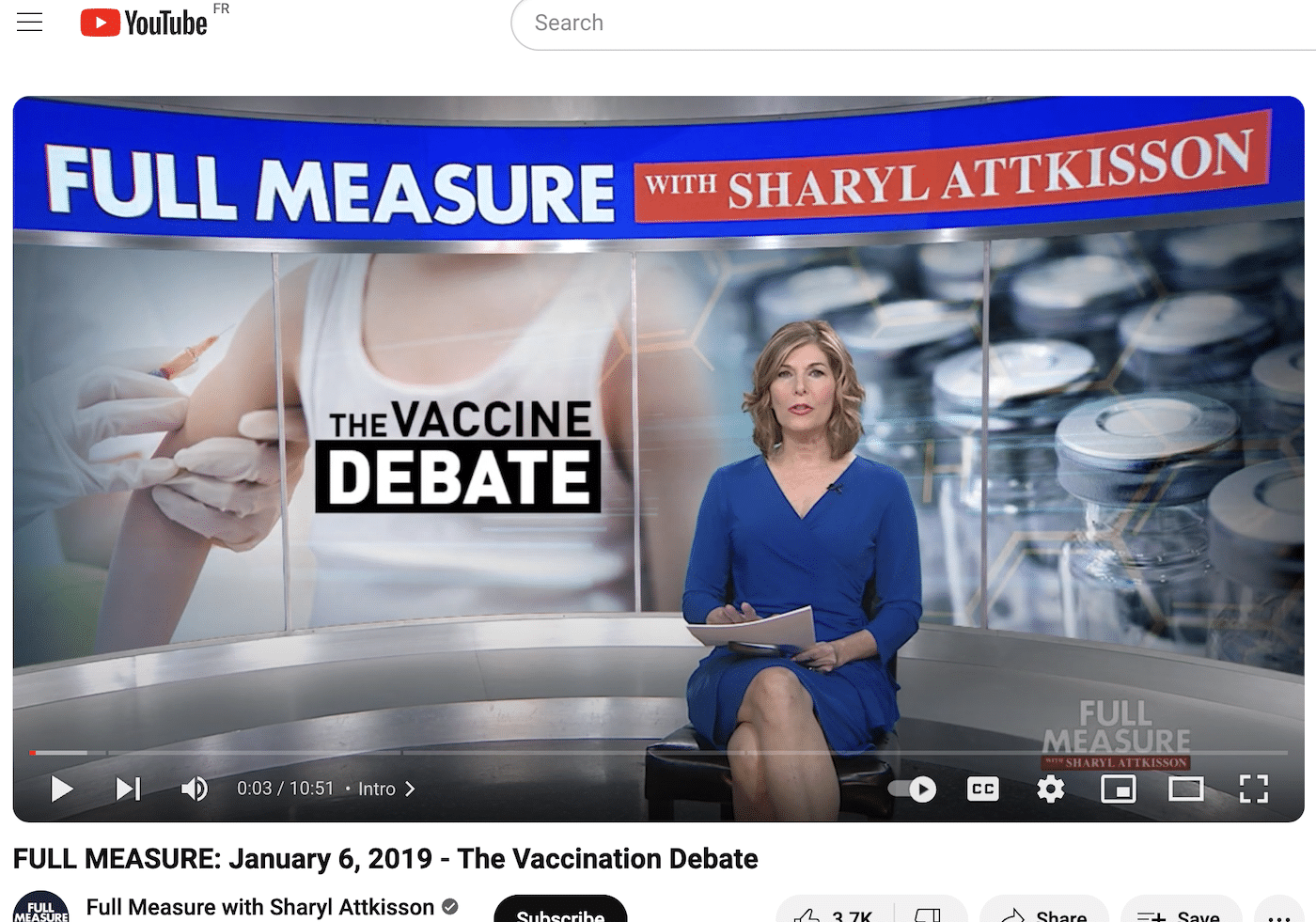- Health
Yes, COVID-19 vaccines will help us safely resume normal activities like going to restaurants and meeting people, once enough people are vaccinated for herd immunity
Key takeaway
The COVID-19 vaccines authorized for emergency use by the U.S. Food and Drug Administration demonstrated a high level of safety and efficacy in protecting people from disease. Their ability to reduce transmission is unclear, but studies are underway. Due to the concern that vaccinated people may still transmit the virus to unvaccinated people, the former still need to practice preventative measures like mask-wearing and physical distancing. Unvaccinated people remain the majority of the population in most countries, since not everyone can be vaccinated at the same time due to issues like vaccine supply scarcity and labor shortages.
Reviewed content

Verdict:
Claim:
The COVID-19 vaccines won’t let us stop mask-wearing, physical distancing and restaurants, pubs, and cinemas still remain closed, so why vaccinate?
Verdict detail
Misleading: These posts implied that COVID-19 vaccines are not useful because vaccinated people must still practice physical distancing and wear masks. This isn’t true. The reason is that we don’t know how much the vaccines stop transmission, although we know that the vaccines are highly effective at preventing disease in vaccinated people. Therefore, vaccinated people need to practice physical distancing and wear masks to protect the unvaccinated people around them, who are the majority. Reopening places such as restaurants, pubs, and cinemas can be done safely once enough people have been vaccinated and have developed immunity to COVID-19.
Full Claim
"If I get vaccinated....<br/>- Can I stop wearing the mask?<br/>- Government: No<br/>- Can the restaurants, pubs, bars, etc. reopen and everyone work normally?<br/>- Government: No<br/>[...]<br/>- If statistically the virus won't kill me anyway (99.7% survival rate) ... Why would I get vaccinated?"
Review
Facebook posts purporting to look at “facts” about the COVID-19 vaccines called into question the purpose of the vaccines (see example). Based on one version, the text may have originated from a Telegram group named “Corona Investigative” (see screenshot). This group itself published a blog containing numerous false claims about the COVID-19 pandemic, such as the claim that there’s no proof that the virus causing COVID-19 exists (there’s plenty of evidence it exists) and the claim that germ theory is a myth (it isn’t).
Several of the answers to the questions about the COVID-19 vaccines are oversimplified to the point of inaccuracy. This review explains why this list of questions and answers can be misleading for readers.
COVID-19 vaccines will help us safely resume normal activities like going to restaurants and meeting people, once enough people are vaccinated for herd immunity
Several of the questions, such as the ones asking whether a vaccinated person can stop mask-wearing, physical (social) distancing, handwashing, and whether a vaccinated person is still contagious, are answered with a “No”. But the post failed to explain why, leaving readers with the false impression that the vaccines have no role in a return to normal life. These questions are intrinsically tied to the question of whether the vaccines will stop COVID-19 transmission.
The reason why vaccinated people need to continue practicing preventative measures to reduce the spread of COVID-19, such as mask-wearing and physical distancing, isn’t because the vaccines are ineffective. We know from clinical trial data that the vaccines authorized for emergency use by the U.S. Food and Drug Administration (FDA) have a high level of efficacy in protecting vaccinated people from becoming sick. Both the Pfizer-BioNTech and Moderna vaccines showed more than 94% efficacy, while the Johnson & Johnson vaccine showed an efficacy of 66% against moderate to severe illness and 85% efficacy against severe disease.
However, the vaccines’ ability to reduce transmission hasn’t been established conclusively yet. Therefore, a significant concern is that vaccinated people can transmit the virus to unvaccinated people. This, combined with the fact that not everyone can be vaccinated at the same time, due to issues like the scarcity of vaccine supplies and labor shortage, means that unvaccinated people will remain the majority of the population in most countries for some weeks to months. To protect this majority, vaccinated people still need to continue following public health recommendations for the time being.
But this isn’t a permanent state of affairs. As epidemiologist and assistant professor at the University of Texas Health Center Katelyn Jetelina, explained in her Facebook post: when enough people are vaccinated to achieve herd immunity, normal activities, such as going to restaurants, cinemas, and meeting loved ones, can be resumed safely. Therefore, vaccines are critical to safe reopenings.
Even a vaccine that prevents COVID-19 but not transmission is better than no vaccine. A COVID-19 vaccine that prevents disease will reduce the number of cases that require medical attention, thereby alleviating the burden on the healthcare system. It also decreases the number of deaths and complications arising from severe COVID-19 cases.
Sarah Caddy, a clinical research fellow in viral immunology at the University of Cambridge, illustrated the usefulness of such a vaccine in this article published by The Conversation:
“Some vaccines stop you getting symptomatic disease, but others stop you getting infected too. The latter is known as ‘sterilising immunity’. With sterilising immunity, the virus can’t even gain a toehold in the body because the immune system stops the virus entering cells and replicating.
[…] In an ideal world, all vaccines would induce sterilising immunity. In reality, it is actually extremely difficult to produce vaccines that stop virus infection altogether. Most vaccines that are in routine use today do not achieve this. For example, vaccines targeting rotavirus, a common cause of diarrhoea in infants, are only capable of preventing severe disease. But this has still proven invaluable in controlling the virus. In the US, there has been almost 90% fewer cases of rotavirus-associated hospital visits since the vaccine was introduced in 2006. A similar situation occurs with the current poliovirus vaccines, yet there is hope this virus could be eradicated globally.”
In this Nature article, Florian Krammer, a professor of vaccinology at Icahn School of Medicine at Mount Sinai, stated “Right now, we need a vaccine that works,” even if the vaccine only works for a few months or doesn’t stop transmission. “That’s what we need in order to get half-way back to normal.”
That being said, scientists think it is likely the COVID-19 vaccines also reduce transmission to some degree. In this Quartz article, Matthew Woodruff, an immunologist at Emory University, said, “I can’t imagine how the vaccine would prevent symptomatic infection at the efficacies that [companies] reported and have no impact on transmission.”
Akiko Iwasaki, an immunologist and professor at Yale School of Medicine, told the New York Times, “My feeling is that once you develop some form of immunity with the vaccine, your ability to get infected will also go down […] Even if you’re infected, the level of virus that you replicate in your nose should be reduced.”
Samuel Scarpino, director of the Emergent Epidemics Lab and assistant professor at Northeastern University, told Wired, “We don’t have any reason to think the Pfizer and Moderna vaccines won’t block transmission. It’s just not what has actually been measured, and something we aren’t likely to find out until we either start mass vaccination and/or they release more detailed information on the study locations—and epidemiologists start looking for effects of herd immunity.”
As John Moore, a virologist and professor at Weill Cornell Medicine, said to the New York Times, “The more you reduce viral load, the less likely you are to be transmissible”. But he added that “all of these are things where data trumps theory, and we need the data”.
The vaccines are safe and provide a high level of protection; solutions shouldn’t be dismissed simply because they aren’t 100% effective
The text also questioned why people should take the vaccines since it doesn’t provide 100% protection for the vaccinated person and for others, and because the survival rate for COVID-19 is high.
The premise is misleading; firstly, it dismisses the vaccines because they don’t work perfectly. This is known as the nirvana fallacy, where a solution to a problem is rejected because it is imperfect, even though a perfect solution is unrealistic. Secondly, it assumes that the only concern about COVID-19 is death and that those who don’t die recover completely.
No vaccine exists that provides 100% protection from a disease, but the ones that are available now provide a significant improvement to the current situation compared to a time when no COVID-19 vaccine was available. By preventing the risk of illness, the vaccines help to reduce the likelihood that an individual develops severe COVID-19, reduce the mortality from the disease, and reduce the burden placed on healthcare systems and prevent overloading.
While most people who develop COVID-19 do survive, there is a certain proportion of survivors who develop long-term effects from COVID-19. This condition has been termed “long COVID”. Among some of the effects are shortness of breath, fatigue, and an inability to focus or think clearly (“brain fog”). These can considerably affect a person’s quality of life.
Long COVID is unpredictable in several ways. As Stephanie LaVergne, an infectious disease researcher at Colorado State University, wrote in a piece for The Conversation, it isn’t clear how long it will take for the effects to go away. Also, long COVID doesn’t only affect people who’ve had serious COVID-19; people who had mild cases, as well as young and athletic people, have also developed long COVID.
The text also claimed that the vaccines could kill some people, which is unsupported by the safety data from clinical trials and safety signals from ongoing vaccination campaigns, which don’t show an increased risk of death among vaccinated individuals as compared to unvaccinated individuals, as explained in previous Health Feedback reviews here and here. More than 76 million people have received the COVID-19 vaccination in the U.S. to date. Common side effects of the COVID-19 vaccines include fever, headache, and pain at the injection site. So far, the only serious side effect known to be caused by the vaccines is a severe allergic reaction (anaphylaxis).
Conclusion
Clinical trial data and safety monitoring of current COVID-19 vaccination campaigns demonstrate that the vaccines authorized for emergency use in the U.S. are safe and effective.
And contrary to the message given by the Facebook post, vaccines will be critical for restoring normalcy to our lives. Once enough people have been vaccinated and herd immunity is established, activities such as going to restaurants, pubs, and cinemas, as well as in-person meetings, will be safe to resume. It will also eventually be safe to stop physical distancing and mask-wearing.
While these activities are currently discouraged even though the vaccines are now available, this isn’t evidence that the vaccines aren’t working. Rather, precautions are still in place because not everyone can be vaccinated at once. Vaccine supplies are scarce, and for the moment, unvaccinated (and unprotected) people are still the majority. For this reason, vaccinated people need to continue to practice physical distancing and mask-wearing for the time being.
On the subject of COVID-19 vaccines, Angela Rasmussen, a virologist and affiliate at the Georgetown Center for Global Health Science and Security, concluded in a New York Times opinion piece:
“We would do well to remind ourselves of the transformative power of vaccines that prevent disease without completely preventing infection when enough people take the vaccine. The sooner we reduce spread in the community and protect as many people as possible through vaccination, the sooner we’ll be able to relax.”



